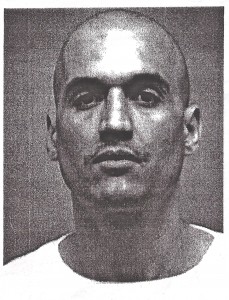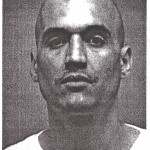
The other day, on my way out of town on vacation, I stopped by a San Bernardino County Courthouse to hear a bit of the trial of Richard Gatica.
Richard Gatica is accused of strangling his cellmate at West Valley Detention Center in Rancho Cucamonga in 2006. He then propped up the cellmate for more than a day, pretending to talk and play chess with the cellmate, and moving the corpse occasionally, so that jailers wouldn’t realize what had happened.
Gatica, who grew up in Rosemead, was already doing two life terms in prison when this happened. So prosecutors are asking for the death penalty.
I happened to catch the testimony of the psychiatrist, employed by the prison system, who examined Gatica for several hours and reviewed thousands of pages of documents about him, and concluded Gatica suffered from several kinds of mental illness.
The doctor described a childhood of apparently nonstop abuse by a sadistic mother who “was severely mentally ill, both because of addictions and because of an innate mental disease which appears to be major depression. … Mr. Gatica was, along with his younger brother, the focus of his mother’s illness and anger in that Mr. Gatica was physically and emotionally abused through much of his childhood.”
Among the mental illnesses Gatica developed was post-traumatic stress disorder.
The doctor went on to say that later, in the prison system, Gatica was incarcerated in a special housing unit, SHU, which amounts to solitary confinement, where inmates are denied human contact, often sunlight and are let out of a cell an hour a day. The SHU is reserved usually for inmates who’ve committed some crime in prison, or been part of a prison gang. Gatica lived in a SHU for a dozen years, the doctor said.
“He grew up without a father in the home and with a crazy abusive mother who was also a drug addict. There wasn’t much opportunity for Mr Gatica to learn coping skills, how to be a loving, caring person. What he learned was how to be a drug addict and a criminal. Being in the segregated housing unit only reinforced Mr Gatica’s dwelling in his internal world of disassociation and very pathological defense mechanisms.”
One of which, the doctor said, was to develop an extreme phobia to germs to the point where he would scrub his cell with a toothbrush “20 to 30 times a day or [wash] his hands 20 to 30 times a day.”
Gatica sat in his seat, dressed in a lavender shirt, a tie, black slacks, glasses, short, gelled hair — looking like a business executive and watching the very middle-class jury absorb all this.







